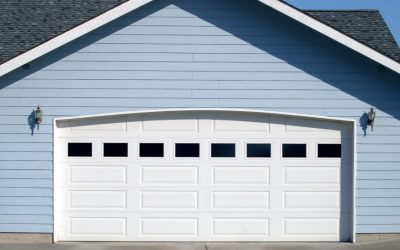Water heaters are designed to be reliable and dependable, often lasting for a decade or more. They do, however, require a certain level of maintenance if they are going to continue running efficiently for the duration of their expected lifespans. Read on to find some helpful tips on how to maintain a Water Heater in Bellevue WA to make sure it’s operating at peak levels of safety and efficiency.
Dial Down the Heat
Most water heaters are installed at pre-set temperatures that tend to be higher than necessary. If the heater is operating at 140 degrees, it’s set too high. The U.S. Department of Energy recommends setting it to 120 degrees Fahrenheit to reduce the risk of scalding and prevent unnecessary wear.
Pay Attention to the T&P Relief Valve
The temperature and pressure (T&P) relief valve is designed to sense dangerous pressure buildups and excessive temperatures in water heaters and open automatically to relieve pressure and prevent the risk of explosion. These critical safety features should be tested once per year to ensure that they are in good working condition. Homeowners can either do this themselves by locating the valve then opening and closing it manually to ensure that it doesn’t leak, or they can call in a maintenance specialist to perform this annual check.
Remove Sediment
Most sediment can be removed from the bottom of water heater tanks by performing a mini-flush, though this won’t replace periodic professional complete flushes. Leaving sediment in the tank can lead to rust and corrosion and damage the equipment’s ability to run efficiently, so it’s worth taking the time to take this step. Simply place a bucket under the drain valve and turn it counterclockwise to release several gallons of water into the bucket, closing the valve and emptying the bucket when the process has been completed.
Look for Leaks
If a Water Heater in Bellevue WA is leaking, it can lead to a dangerous situation. Check the area around the T&P relief valve and the drain valve and look for pooling water on the floor around the heating unit. If any water is present in these areas, call a professional to have the unit evaluated as soon as possible as it might need to be repaired or replaced.



